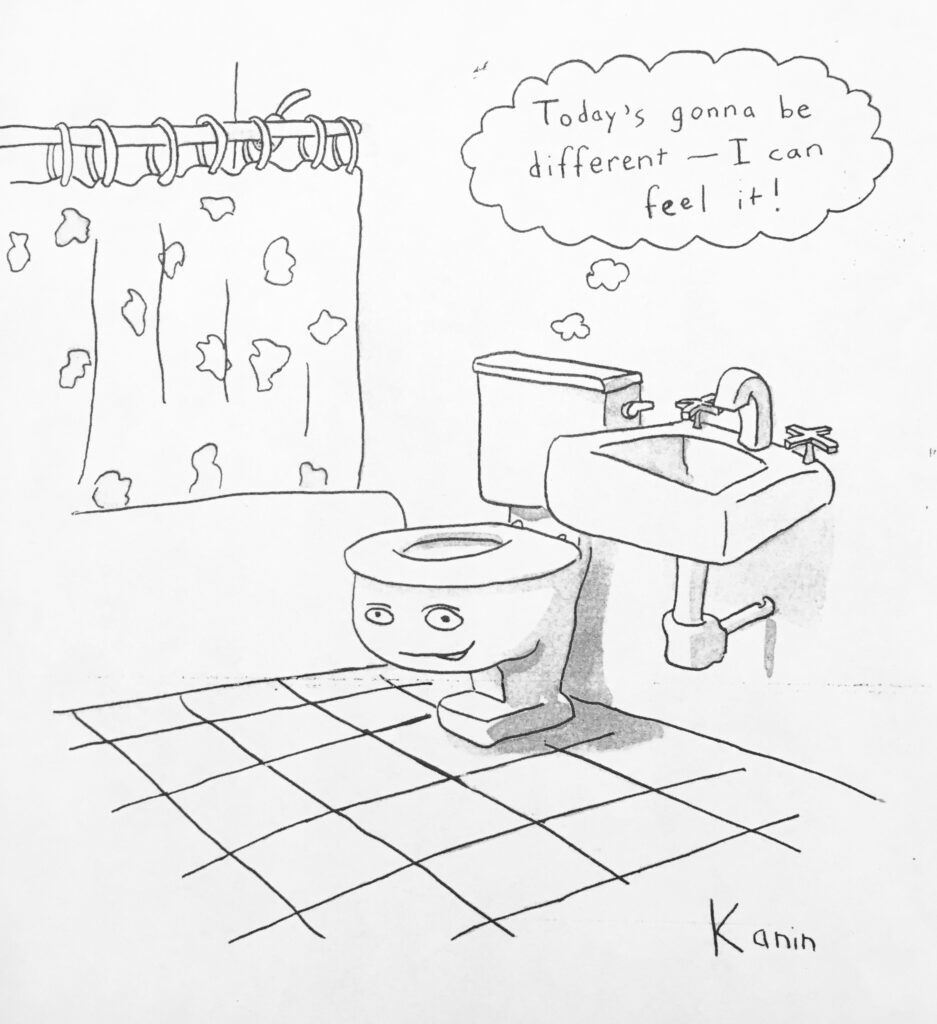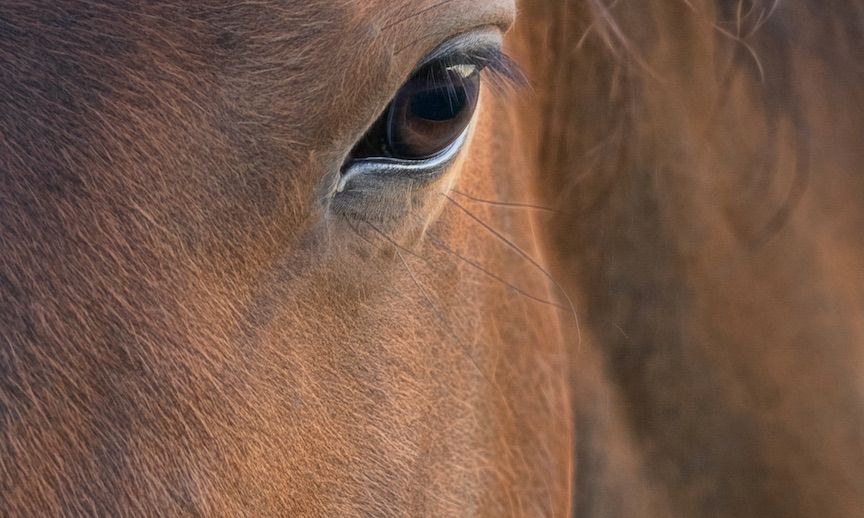ON A SOURCE WITH NO NAME
When it feels like something’s wrong in our lives or in the world, it’s really easy to get fixated on the “fix.”
If something appears to be missing or broken — and, honestly, there’s always something, yes? — it usually seems pretty clear that the answer to our problem is to repair it, or find the antidote to it, or get the hell out of it. If I’m in a dysfunctional situation, the answer is functionality. If it’s illness I’m experiencing, my solution is health. If it’s lack, I’d better get me some plenty.
In some ways, that’s totally obvious. Of course we want to address our problems. Duh.
At the same time, though… As soon as I decide upon a remedy and begin to relate to the solution like it’s the key to my fulfillment and happiness, then I’ve set myself up to be dissatisfied until I achieve that goal. I can’t feel whole and complete as long as this problem is allowed to stand, or as long as I’m still in it.
This problem-solution-problem-solution approach to life easily turns into an endless uphill climb in which the problems become definitive. My problems outline the next right steps. My problems determine who I need to be, who I get to be, and what’s possible or not for my life and for the world. Ugh.
It’s a puzzlement, for sure.
- Because on one hand, some degree of discontentment and dissatisfaction does tend to drive many of the positive changes and progress that we make throughout our lives. On the other hand, if we’re coming from a place of “something is wrong here,” then we’re already less empowered than we might be to create what we’d like to create.
- On one hand, the only way to experience wholeness and perfection is to claim it right here and right now. On the other hand, if it truly were as fine and dandy as all that, I probably wouldn’t bother transforming anything, ever.
- On one hand, it’s about the unconditional Ever-Loving Everything, transcendent of circumstances, regardless of conditions. On the other hand, for most practical intents and purposes, what exactly is our life if not these circumstances and conditions?
Yes. Both. And. I know that’s not the most satisfying answer to the fundamental paradoxes of spiritual living, but it’s where I usually land — yes, both, and. It’s already perfect AND we can change it. We’re already whole AND we can become more so. Everything is complete AND we’re only just beginning…
One way I try to think about it, sometimes, when I’m confronting troubling situations — things that aren’t the way I want them to be — is: what is my Source? What is the Source of my Good? Where can I find It and how am I aiming to experience It?
If I am equating my Good with my problems being solved, then I am out-sourcing my Good. If I am relating to it like it’s out there, over that, after this gets fixed — then, unfortunately, it’s always going to be out-over-after. Never here. Never now.
Even if I’m using affirmative language, being careful to keep it in the present tense, naming my Good and claiming it in a declarative way — my Good is Health and Plenty and I am ready to receive it right now! — if I’m in the midst of something crappy, that can ring pretty hollow. It probably highlights the huge gap between what I’m proclaiming and what I’m actually experiencing. It might even sound like a lie, and leave me feeling even less adequate to face my problems.
The only empowered way to relate to Source is as if I’m always already fully in It. Not in spite of these circumstances but actually though them and as them. These circumstances — not just the joyful ones but also the shitty ones — are my Source, are my Life, are my Good. If it isn’t here, it isn’t anywhere.
A few weeks ago my friend Sheila sent me a text that was obviously intended for somebody else. I wrote back to her, “I don’t think you meant this for me.” She said thanks and presumably resent the message where it was supposed to go. A little while later, I got another text from her — again, for someone else, accidentally misdirected to me. I wrote back, “I don’t think this was for me, either.” Her response was: “God. Shit. Thanks.” That struck me as a perfect sermon title.
(I ended up with “On a Source With No Name” because I wasn’t sure that “God. Shit. Thanks.” would stand alone without an explanation and I have no idea how many people read this whole thing and how many just see my title. I definitely don’t mind being provocative, but I didn’t want to begin our month of gratitude with something that could sound like I was putting the Divine in the toilet.)

God. Shit. Thanks. It’s the periods in between that make it feel spot-on for me. Each word complete unto itself, not trying to be anything other than what it is. God period. Shit period. And then bringing it all home with Thanks.
My Source is not my job, my relationships, my community, or my bank account. My Good is not my problems solved, the conditions healed, the world finally working out for everyone. My Source and my Good can’t even be the idea of a Divine Loving Intelligence that I imagine as Harmony and Beauty forevermore, amen. Not if I want to experience it right now. Indeed, naming it anything at all tends to make it more distant, make it seem like something other than this…
The more I can let it be what it is, the better I position myself to change it going forward. The less I resist shit being shit, the more empowered I am to actualize something other than shit for the future. And I think that the quickest, most straight-forward way to set myself up for the possibility of creativity and transformation is to practice being unequivocally THANKFUL for every last bit of it.
We’re devoting the whole month to the spirit of Gratitude, Circulation, and Flowing Abundance at Bosque Center for Spiritual Living. Join me this Sunday, November 7, 10:00 am at Maple Street Dance Space. With the incomparable Patty Stephens. My talk will also be online by Sunday evening. I can’t wait to see you, friends! XO, Drew
©2021 Drew Groves




